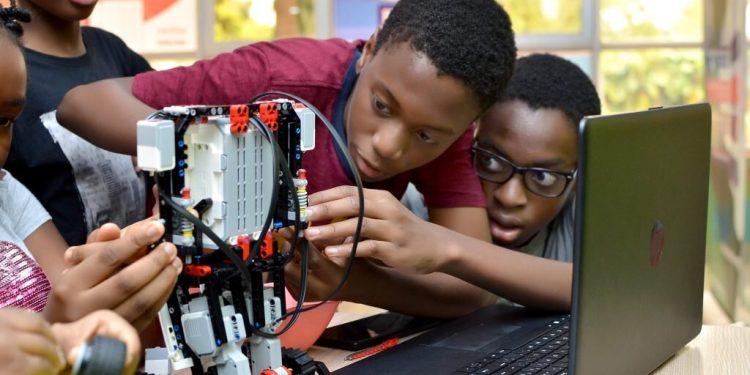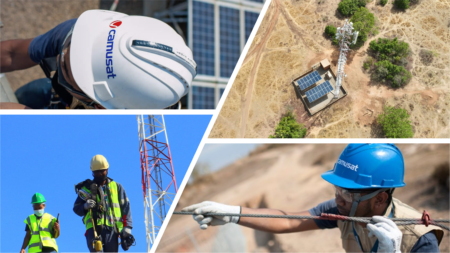The outbreak of COVID19 has turned the world as we knew it into a bizarre nightmare that we cannot awaken from.
From governments to businesses and people, the impact of the coronavirus (COVID-19) is being felt by all around the world. In the weeks following the announcement that the novel Corona virus was indiscriminately attacking the old and the young, the rich and the poor, nations put measures in place to keep the virus at bay.
Across the world, while the number of coronavirus cases is slowing in China, elsewhere, cases are spilling over even as governments employ measures to navigate the complicated terrain. Thousands of people have lost employment leading to reduced or no income to survive on during the lockdown.
In addition to social distancing, limited travelling within and between towns, economies and governments in East Africa have encouraged moving away from cash and adopting digital payments. This was after the WHO warned that the virus could cling to the surface of banknotes for a number of days.
The new normal
The virus has forced people to be contained at home and is already reorganising the way people interact with each other and the outside world. Some changes feel unfamiliar or unsettling. Things like shopping that brought some people joy is now a scary activity that many people avoid.
The internet has thus become an essential tool for most homes. From ordering basic goods, to continuing education or acquiring a new skill, or contacting loved ones across town or across the world, the internet is making the impossible possible.
Epepea Online Supermarket in Kenya is helping citizens to order items from supermarkets and delivered to their doorsteps. Founded over seven years ago by Winnie Ikatwa to deliver shopping specially to the elderly, family members and friends of people living abroad, in the recent past, the business has been working with people who wish to have shopping delivered to them in the comfort of their homes.
According to Winnie, following the outbreak, many people are reaching out to her to deliver shopping in many parts of the country. This, she says is helping reduce the number of people visiting the markets to shop and contributing positively in fighting the virus.
“We have managed to help people stay at home and also decongest supermarkets,” Winnie says adding that availing a platform that allows people to shop online means they can stay at home.
While many companies are shutting down, Epepea has recorded growth as many people are reaching out to order items. “At this time, the business is more valuable as the government has advised people, especially the old, to stay at home.”
“Things have changed,” Winnie observes. “Businesses will not run the same again. We need to embrace technology,” she adds noting that COVID-19 has pushed businesses into technology and as such companies that are still offline should embrace the change and use it positively.
On the other side of town, Gladys Kimani’s fashion retail business, MELABLOOMS specialising in menswear, is suffering. Soon after Kenya confirmed its initial cases, sales dropped by 80% and in a week, there were no sales at all. While the business’ online presence is minimal, Gladys observes they are engaging more on the WhatsApp platform, though with not much success. In future, she hopes to move the business online, but more so, diversify so as to ensure that even in times of such an epidemic as this, they will remain relevant and stay afloat.
Staying in the game
Speaking to the Exchange, Mike Kipkorir, founder at Verb Education acknowledges that Coronavirus has affected businesses across the globe. Given the changing dynamics as more and more people are working from home many things are coming to light, including what people are capable of.
While some businesses are struggling, others are thriving. As schools across the continent have been suspended, “people are becoming more responsive to e-learning,” Mike says, adding that schools are now more open-minded making the task of selling e-learning products a lot easier.
Mike agrees that one of the hurdles to operating businesses online is the cost of internet.
“The majority still find it {the internet} expensive and not that easy to access, especially for apps that have not been data optimised the way Facebook has been,” Mike observes.
Winnie adds that although the adoption and usage of internet is fast growing in Africa, the cost to access it can be challenging for many businesses. What is more, power cuts experienced in Kenya means being offline and losses to such businesses that rely on tech to operate. For her business, the other challenge is “product stock outs in supermarkets.” Moreover, the business has to ensure that they deliver products to clients within a limited time due to the curfew.
In addition to delivering basic products to clients, Epepea is also collecting donations. Winnie says that a client can order groceries and direct it to a family or a charitable organisation. The company is partnering with other like-minded businesses to provide not only groceries but also other essential materials such as masks and disinfectants. By so doing, Epepea is acting as a business enabler in these challenging times.
According to Mike, today more than ever, tech is a game-changer. Through tech, he notes, “schools, especially those that are disenfranchised, can access the best the world has to offer.”
Winnie calls on businesses to take advantage of the internet to not only sell, but also make sure that they remain present among their clients.
“At this time, many people are free and most of them are online,” she says. “Take advantage of this to bring your business online to sell, market or both.”










